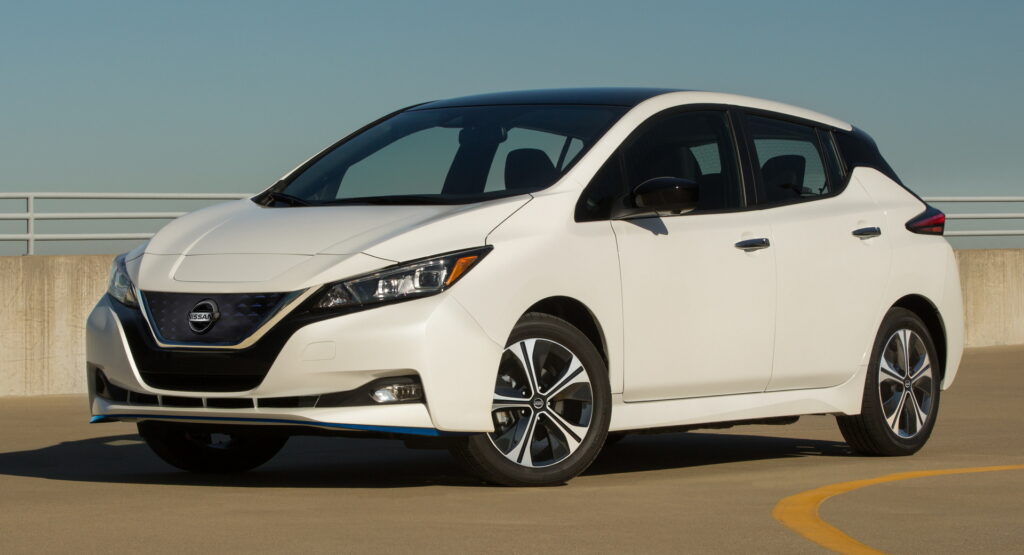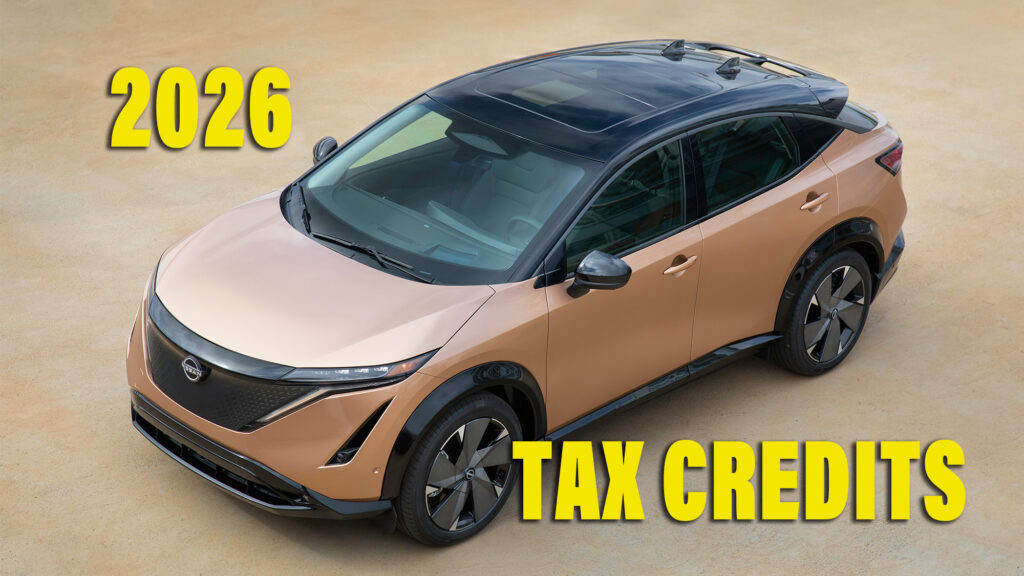Nissan is speeding up the rollout of its next generation of electrified vehicles, but even under the new plan the firm’s EVs won’t qualify for full U.S. tax credits until 2026.
America’s recently introduce Inflation Reduction Act (IRA) has thrown up complications for various carmakers who no longer have to worry about making too many EVs and losing their credit allocation, but instead are fretting about where those EVs – and their batteries and battery components – are built.
Now Nissan says its U.S. manufacturing program will be fully compliant with the IRA’s supply chain stipulations by 2026, at which point customers will be eligible for the full $7,500 tax credit. “The IRA is giving us the opportunity to speed up electrification in the United States,” Nissan COO Ashwani Gupta said in a briefing reported by Bloomberg. “We have completed the path to comply with the IRA.”
Completing the path is one thing, but moving down it is another. Nissan will build powertrains in the U.S., and possibly overhaul its Decherd, Tennessee, engine facility to make EV motors, Auto News reports. It may also find a second source of batteries within the U.S. to augment its current supply from Georgia, but Gupta admits that getting hold of minerals for batteries with North America is going to be tough.
Related: Nissan Expands Electrification Strategy With 19 New EVs Coming By 2030

But regulations sprung by the Biden administration aren’t the only factors forcing Nissan to change its EV strategy. Though the Leaf made it an EV pioneer a decade ago Nissan now needs to work hard to catch up with Tesla in the U.S., and not be outpaced by other rivals like Volkswagen in Europe.
So while Nissan had originally planned to unleash 23 electrified models, comprising of 15 full EVs and eight hybrids by 2030, it will now launch 27 electrified cars including 19 EVs by that date. It has revised its EV sales expectations on both sides of the Atlantic and now predicts 40 percent of U.S. sales will be EV-only or e-Power hybrids by 2023, that number growing to 44 percent globally, and 98 percent in Europe.




